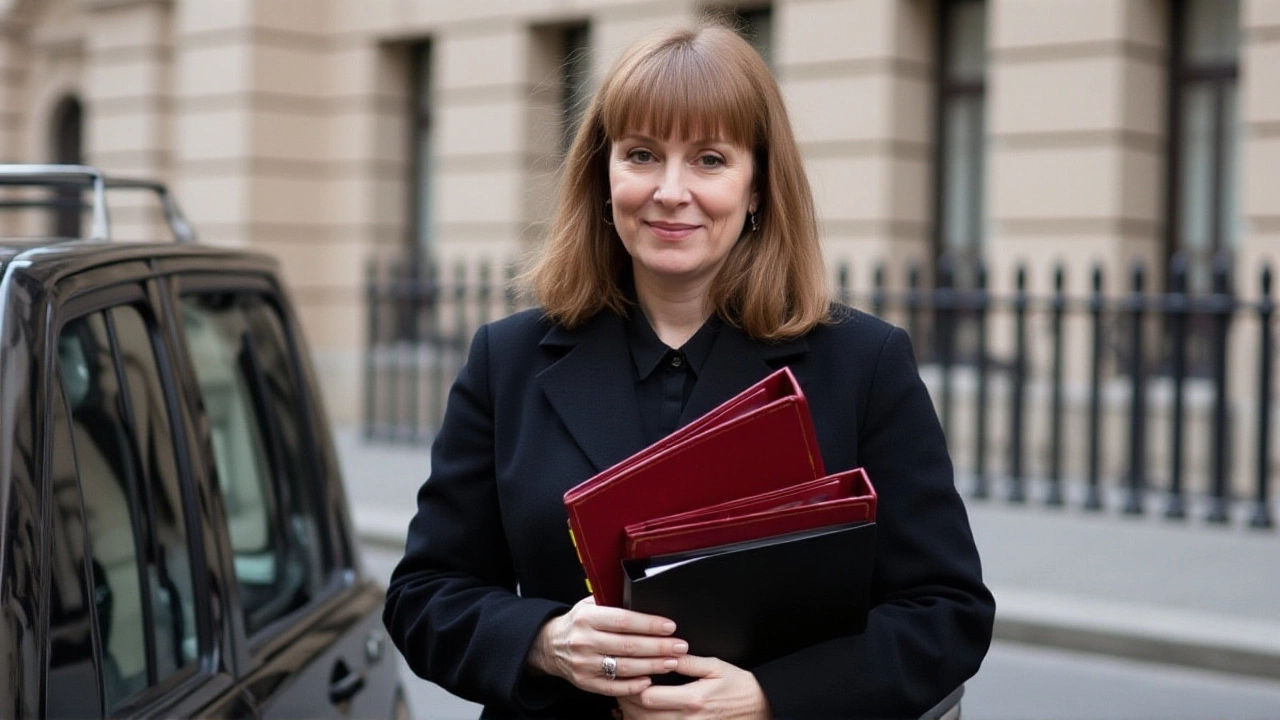Angela Rayner – Latest News, Views & Insights
When you hear Angela Rayner, the British Labour politician who serves as Deputy Prime Minister and Secretary of State for Levelling Up, Housing and Communities. Also known as Rayner, she is a key figure in the Labour Party, the centre‑left party governing the United Kingdom and a member of the UK Parliament, the supreme legislative body in Britain. Angela Rayner embodies the intersection of party leadership, government responsibility, and public communication.
This intersection creates clear semantic links: Angela Rayner encompasses the role of Deputy Prime Minister, the Labour Party influences her policy agenda, and the UK Parliament provides the legislative platform for her initiatives. Understanding these relationships helps you see why her statements often shape national debate, why her department drives regional development, and how party strategy filters into government action.
Key responsibilities and policy focus
As Deputy Prime Minister, Angela Rayner oversees cross‑government coordination, ensuring that ministries work toward shared goals. She also chairs the Levelling Up agenda, which targets economic disparity between England’s regions. This role requires close collaboration with local authorities, business leaders, and community groups – a practical example of how public policy, the set of actions governments take to solve societal challenges translates into real‑world projects. Her background in trade unions adds another layer, giving her a perspective on workers’ rights that often colors her proposals on housing and employment.
Within the Labour Party, she sits on the National Executive Committee, shaping internal rules and candidate selections. That position connects party governance to electoral strategy, meaning her influence extends beyond her ministerial duties. When the party tweaks its manifesto, you can expect her to champion the sections on education, social care, and regional investment, because those are the areas she has publicly prioritised.
The UK Parliament serves as the arena where her policies are debated, amended, and either enacted or rejected. Committee hearings, Prime Minister’s Questions, and constituency debates all test the practicality of her proposals. By tracking her speeches in Westminster, you get a clear view of how ideas evolve from party platform to legislation, and how opposition parties respond.
Beyond the formal titles, Angela Rayner’s public persona matters. She’s known for a direct communication style, often using social media to explain complex policies in plain language. This approach bridges the gap between government jargon and everyday concerns, making her a relatable figure for many voters. Her media appearances also illustrate how political leaders manage public perception while navigating policy details.
For readers interested in the broader political context, it’s useful to note that her work intersects with other senior figures like the Prime Minister, the Chancellor of the Exchequer, and the Home Secretary. Each of these roles has a distinct portfolio, but they all converge on national priorities such as economic stability, public safety, and social welfare. Watching how Angela Rayner collaborates—or sometimes clashes—with these colleagues provides insight into the dynamics of the current government.
All of this background sets the stage for the collection of articles below. You’ll find analysis of her recent speeches, breakdowns of policy initiatives, and commentary on how her actions affect both the Labour Party and the wider political landscape. Dive in to see how each piece connects to the entities and relationships outlined here.

UK Keeps Asylum Seekers in Hotels, Fact‑Check Smashes Rayner Rumor
A PA Media fact‑check debunks a viral claim that Angela Rayner would downsize pensioners' homes for refugees, confirming 220 UK hotels still house asylum seekers despite Labour's manifesto promises.